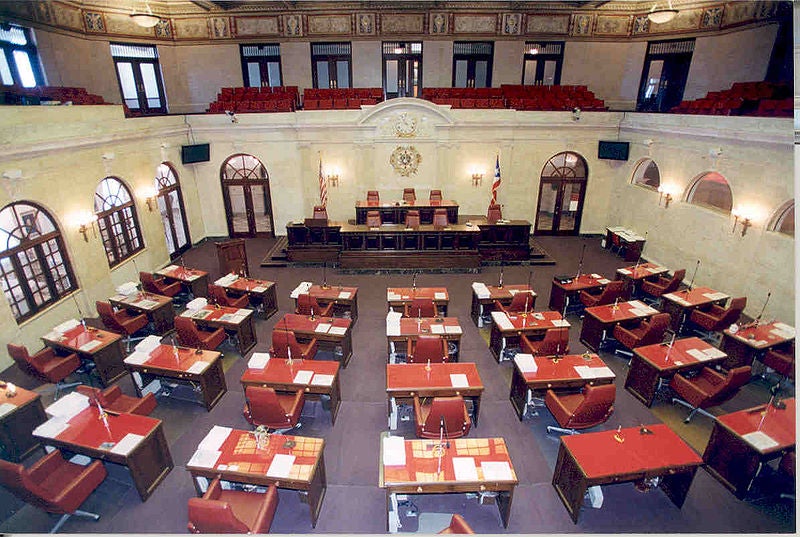
The government of Puerto Rico has passed a bill to ensure the island’s energy comes from 100% renewable sources by 2050.
Senate Bill 1121 (SB1121), also known as the ‘Puerto Rico Public Energy Policy Act’, was passed by a vote of 21-4 in the Puerto Rican Senate.

Discover B2B Marketing That Performs
Combine business intelligence and editorial excellence to reach engaged professionals across 36 leading media platforms.
The act follows up on Law 120, which was passed in June 2018 and called for the transformation of the electricity system into a modern, sustainable one after Hurricanes Irma and Maria caused the collapse of 80% of the island’s transmission and distribution network.
The act calls for electricity from renewable sources to be at 40% by 2025 before reaching 100% by 2050 and states that coal-fired power plants will be banned from the island by 2028.
It encourages the development of micro-grids across the country as a way to integrate new technologies and avoid the loss of energy at ‘indispensable’ service facilities with the aim of achieving electricity rates that are less than $0.20 per kilowatt hour.
Governor of Puerto Rico Ricardo Rossello tweeted: “In 2018 we approved the Energy Transformation Act and today, our Legislative Assembly has approved SB1121.

US Tariffs are shifting - will you react or anticipate?
Don’t let policy changes catch you off guard. Stay proactive with real-time data and expert analysis.
By GlobalData“SB1121 establishes Puerto Rico’s Public Policy on Energy, an integral part in our grid’s transformation. This will help build a more resilient, reliable and cleaner energy grid. Puerto Rico is becoming a leader in clean energy technology that can improve quality of life for over three million Americans.
“I can upon my fellow governors across the US: climate change is the most pressing issue of our generation and the time to tackle it is now. Join Puerto Rico as we transform our energy grid into a modern, efficient and clean model for the whole of the United States.”





